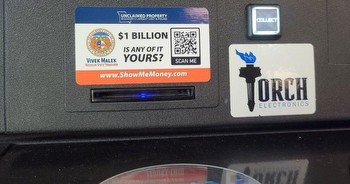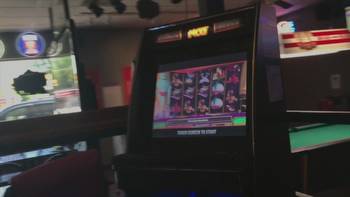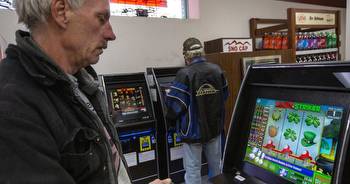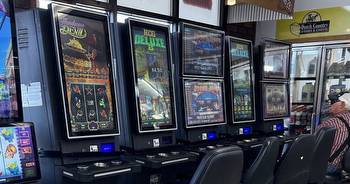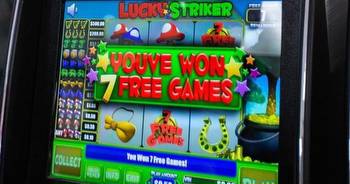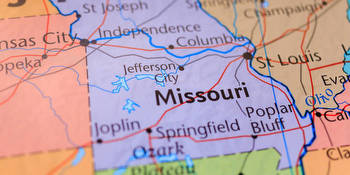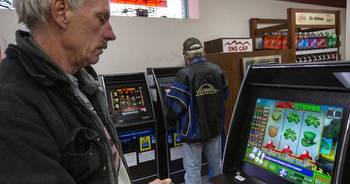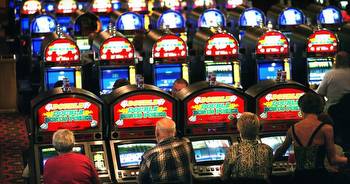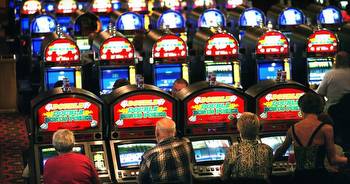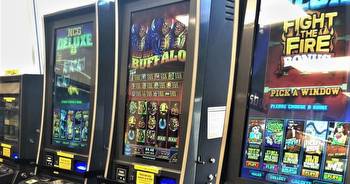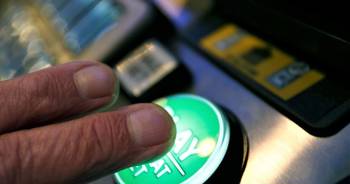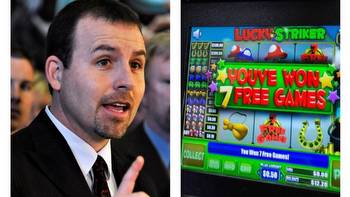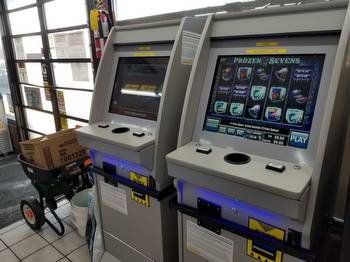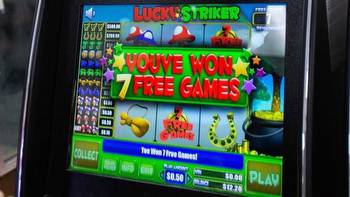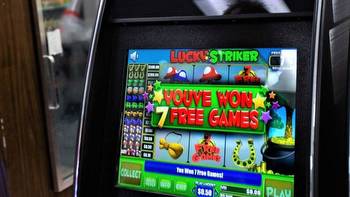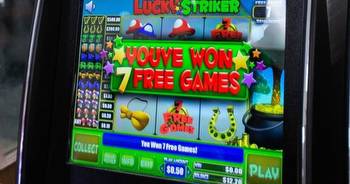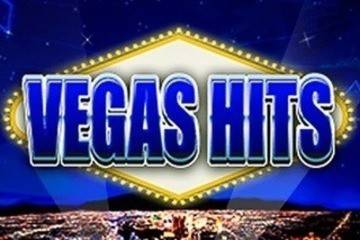Attorney general calls illegal gambling ‘complex.’ Many Missourians disagree.
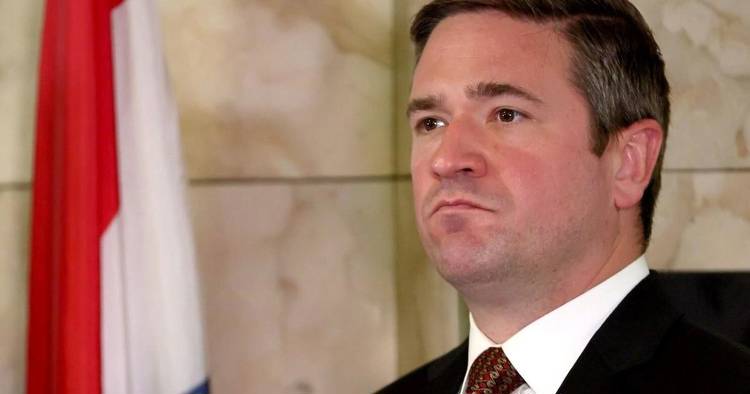
JEFFERSON CITY — Missouri’s attorney general argued last week that the issue of illegal slot machines in gas stations and bars is “complex” when asked whether he believed the unregulated games were legal or illegal.
But, a Post-Dispatch review of public complaints about the spread of unregulated and untaxed video gambling in the state shows many people disagree.
During an episode of radio host McGraw Milhaven’s show on KTRS (550-AM), Republican Andrew Bailey said, “Not all the machines are the same. It’s impossible to make a blanket determination that everything that looks like an illegal gaming machine must therefore by definition be an illegal gaming machine.”
Bailey, who was appointed to the post in January after serving as Gov. Mike Parson’s top legal counsel, says the issue of the proliferation of video gambling should be handled at the local level and not by state prosecutors.
Yet, according to a review of complaints submitted this year to the Missouri Gaming Commission, which regulates legal gambling in the state, more than 100 calls and 70 written complaints show people are concerned about the explosion of machines into businesses, suggesting they want law enforcement — no matter the jurisdiction — to address the issue.
The incoming complaints, which are registered on a near daily basis, show some people simply don’t like gambling. Others say the unregulated machines are a rip-off and a detriment to their communities, according to a spreadsheet obtained by the Post-Dispatch dating to Jan. 1.
The incoming calls to the commission include these examples:
• “Caller won a $2,500 jackpot at Kennett MO gas station and now the gas station won’t pay the winnings.”
• “Caller upset because machines are not paying out.”
• “Caller won a $3K jackpot at gas station and they won’t pay the winnings.”
• “A Phillips 66 in Springfield owes the caller $2,000 for a jackpot they won.”
From a policing perspective, there may be little that police and local prosecutors can do about people not being paid because the slot machines are not regulated or taxed by the state. The complaints are turned over to the Missouri Highway Patrol for further investigation.
Efforts to regulate and, ultimately tax, the games have floundered in the Legislature amid a tangle of arguments over the issue of legalizing sports betting.
Senate President Caleb Rowden, R-Columbia, has called the stalemate “embarrassing.”
The state currently is being sued by two companies involved in the gambling business who allege the state is harassing them by working to remove their machines from businesses.
Bailey, however, withdrew his office from the lawsuit earlier this year after accepting $25,000 in campaign contributions in December from political action committees affiliated with the gambling company’s lobbyist, former House Speaker Steve Tilley.
Both companies involved in the suit, Torch Electronics and Warrenton Oil, had given tens of thousands of dollars to the PACs donating to Bailey. Parson, the governor who appointed Bailey to the post, also has close connections to Tilley, including his political action committee this year reporting thousands of dollars in private flights associated with a Tilley-owned private airplane service.
A private attorney has been hired at taxpayer expense to defend the state. The 2021 case, now slowed by a switch in the legal team, was already moving slowly through the court system via a series of subpoenas and depositions issued by both sides.
The slow pace of the case comes as Bailey is seeking to win the 2024 primary race for a full term as the state’s top lawyer. He faces Republican Will Scharf in the primary election.
During the radio interview, Bailey said the legality of the slot machines depends on whether it is a game of skill or chance, comparing Las Vegas-style slot machines to games found in teen-themed arcades or businesses like a Chuck E. Cheese restaurant.
“What about the machines — like the claw machine — that, that, you know, your kids puts a quarter in and they manipulate this claw inside of a box, you can see inside the box and the claw goes down and gets a stuffed animal,” Bailey said. “Like, you’re paying money to play a game. Is it chance or is it skill?”
Among complaints submitted to the gaming commission through an online form, many said the machines were a detriment to their communities.
One writer said gambling has been underway at a Forsyth gas station for at least three years.
“It’s a small town with low-income residents. Not a place that should have gambling of any kind. I have a family member with a gambling addiction and we thought this would be a place we could live where we wouldn’t have to worry about it. Evidently, the police and government here turn a blind eye,” the person wrote.
Another complaint centered on an internet café in Joplin: “37 gambling style arcade games inside. There were no stickers or markings. I have photos available if needed.”
In response to machines at a Bridgeton gas station, one writer said, “I noticed approximately 12 gambling/gaming machines. They were being powered by extension cords across the floor. I am not sure if this allowed or not, but I thought I would reach out to see if this was something that should be investigated. Thank you.”








